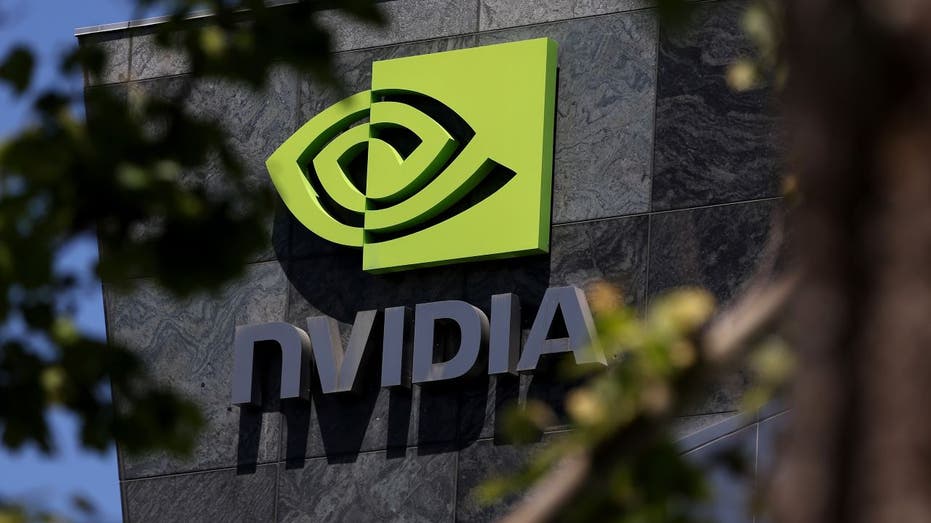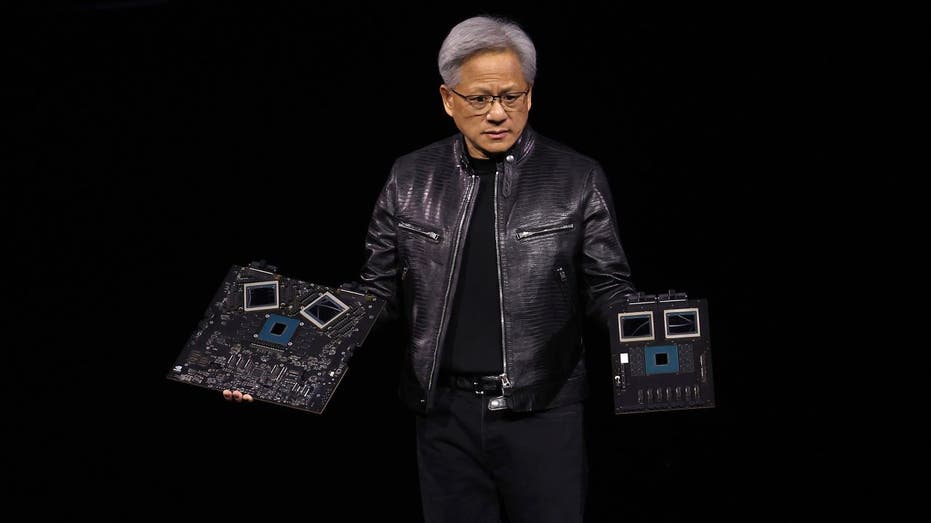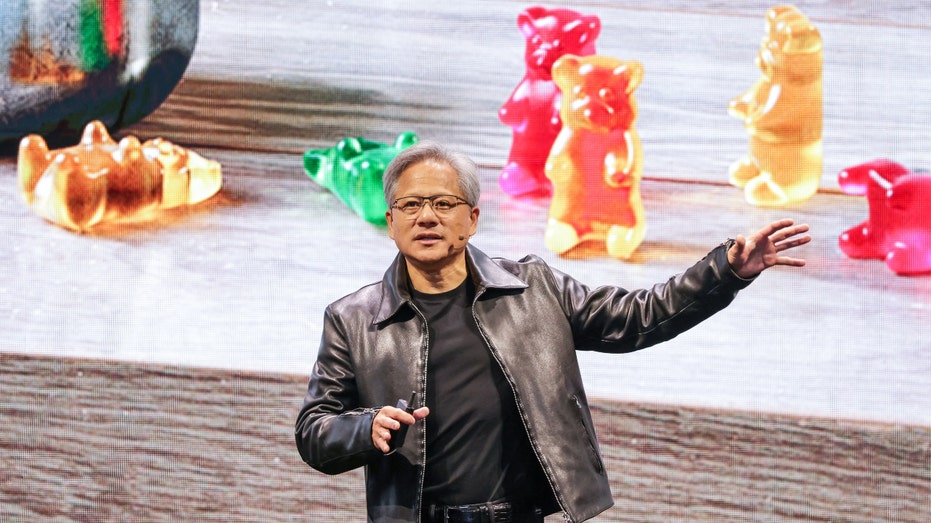How Nvidia became the king chipmaker, from a Denny's to $2.3T market cap
Nvidia has grown from a struggling tech startup to the third-largest U.S. company by market cap in a little more than three decades
Nvidia's ultimate fireworks will begin at the end of 2024: Beth Kindig
Beth Kindig, I/O Fund lead tech analyst, discusses expectations for Nvidia's earnings report on ‘Making Money.’
Wall Street is eagerly awaiting the latest earnings report Wednesday from Nvidia, which has experienced rapid growth amid the boom in artificial intelligence (AI) technology.
Nvidia has grown to become the third-largest publicly-traded U.S. company by market cap on the strength of its dominance of the AI chip market. Estimates suggest Nvidia's market share in the highly sought-after AI chips is at least 80%, with demand for the semiconductors used to train AI models continuing to rise.
The company's ascent in recent years comes about three decades after its founding, when the AI boom was well beyond the horizon.
Nvidia was founded in 1993 by a trio of electrical engineers — Jensen Huang, Chris Malachowsky and Curtis Priem — who hatched their plan at a Denny's restaurant in California's Bay Area. Its initial focus was on making 3D graphics available for video games and multimedia. They viewed the gaming market in particular as a favorable opportunity to both generate revenue and tackle challenging computational problems that could propel future growth.
NVIDIA ANNOUNCES AI-POWERED HEALTH CARE 'AGENTS' THAT OUTPERFORM NURSES – AND COST $9 AN HOUR

Nvidia has grown from a struggling tech startup to the third-largest U.S. company by market cap in a little more than three decades. (Justin Sullivan/Getty Images / Getty Images)
A few years after its launch, Nvidia fell on challenging times after a setback in developing the graphics card for the Sega Dreamcast video game platform. It had little financial headroom and laid off over half its employees.
WHAT IS ARTIFICIAL INTELLIGENCE (AI)?
Despite the setback, an investment from Sega America CEO Shoichiro Irimajiri gave Nvidia and CEO Huang a lifeline that allowed it to refocus on a new line of graphics products.
| Ticker | Security | Last | Change | Change % |
|---|---|---|---|---|
| NVDA | NVIDIA CORP. | 185.41 | +13.53 | +7.87% |
The company launched what it called the graphics processing unit (GPU) in 1999, which helped revolutionize the computing industry. Nvidia went public that year, and its stock traded below $1 a share until early 2000.
In 2006, Nvidia developed the CUDA software platform and API that lets programmers get more computing power out of their GPUs. In the ensuing years, AI research teams began to use large amounts of GPUs to accelerate deep neural networks, which Nvidia refers to as the "big bang of modern AI."
NVIDIA CEO JENSEN HUANG ANNOUNCES COMPANY'S NEXT-GEN AI CHIP

Nvidia CEO Jensen Huang shows off Nvidia's tech during the Nvidia GTC Artificial Intelligence Conference at SAP Center March 18, 2024, in San Jose. (Justin Sullivan/Getty Images / Getty Images)
The application of GPUs sped up deep learning by a factor of 50 in a three-year span by the end of 2015. At the end of that year, Nvidia's stock was trading at $8.24 a share, and the company continued to develop more advanced GPUs. Nvidia released its breakthrough RTX GPU in 2018, which propelled the company's stock above $60 a share.
The next few years saw further advancements in GPUs and AI-enabled chips, which resulted in Nvidia contributing to the creation of the metaverse. Its stock was above $100 a share for all of 2022 and began to soar the following year amid the rise of AI.
Nvidia rolled out its Grace Hopper superchip in 2023, and by the end of the year its stock price was just shy of $500 a share. Further advancements in 2024, including the announcement of Blackwell, the next-generation AI chip that will serve as a successor to Grace Hopper, sent its stock even higher.
NVIDIA UNVEILS ROBOTS POWERED BY SUPER COMPUTER AND AI TO TAKE ON WORLD'S HEAVY INDUSTRIES

Nvidia co-founder and CEO Jensen Huang recently unveiled the company's next-generation AI chip. (I-Hwa Cheng/Bloomberg via Getty Images / Getty Images)
As of Tuesday's close, Nvidia stock is trading at $953.86 a share, a 232,548% increase from the time of its initial public offering in January 1999. Over the last five years, its stock is up 2,528%. And, over the last year, it has gained nearly 206%. Thus far in 2024, Nvidia's stock has risen 98%.
Beth Kindig, I/O Fund's lead tech analyst, told FOX Business Network's "Making Money With Charles Payne" Nvidia is poised for more success in the near future.
GET FOX BUSINESS ON THE GO BY CLICKING HERE
"This earnings report is one piece, but the ultimate fireworks begin at the end of this year, and that's because Nvidia is now going to compete with Nvidia," she said. "They are speeding up their release generation cycle from two years to one year, and they're doing that to make sure that their next-generation can pry that (capital expenditure) budget and reallocate it to their next generation.
"This is bold. It's daring for them to speed up that fast. Never been done before. So, by the end of this year, the word is Blackwell."




















